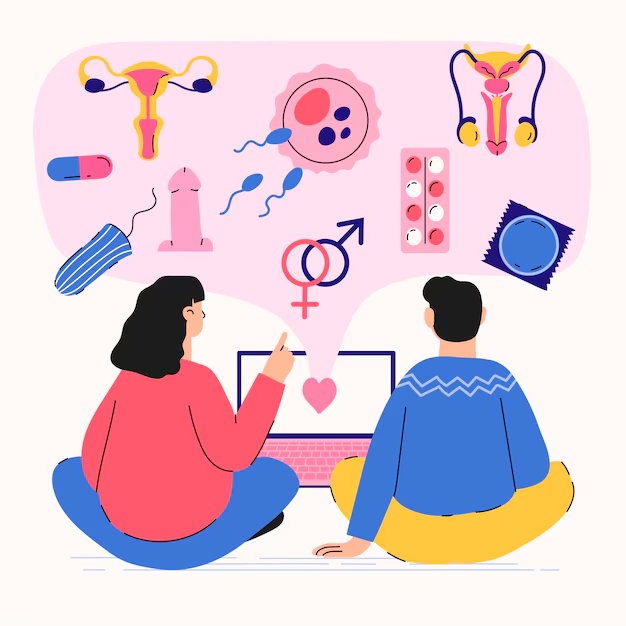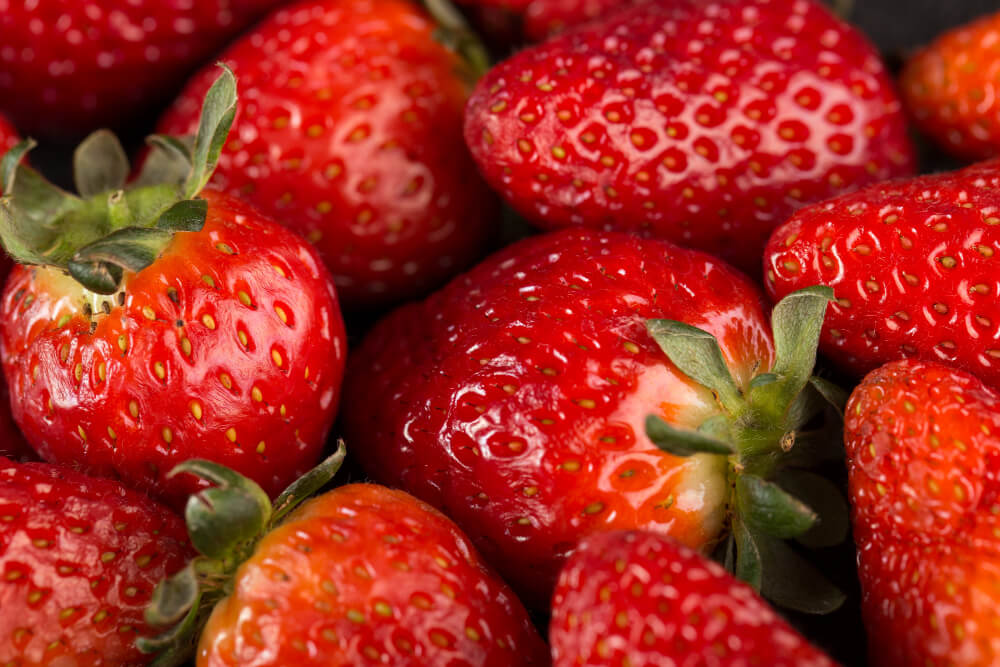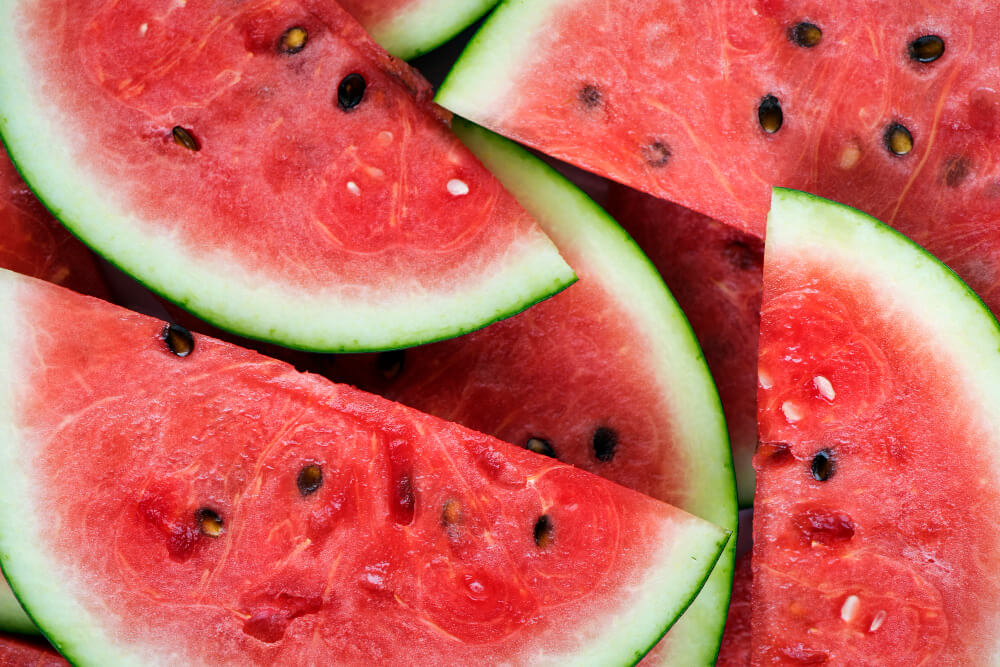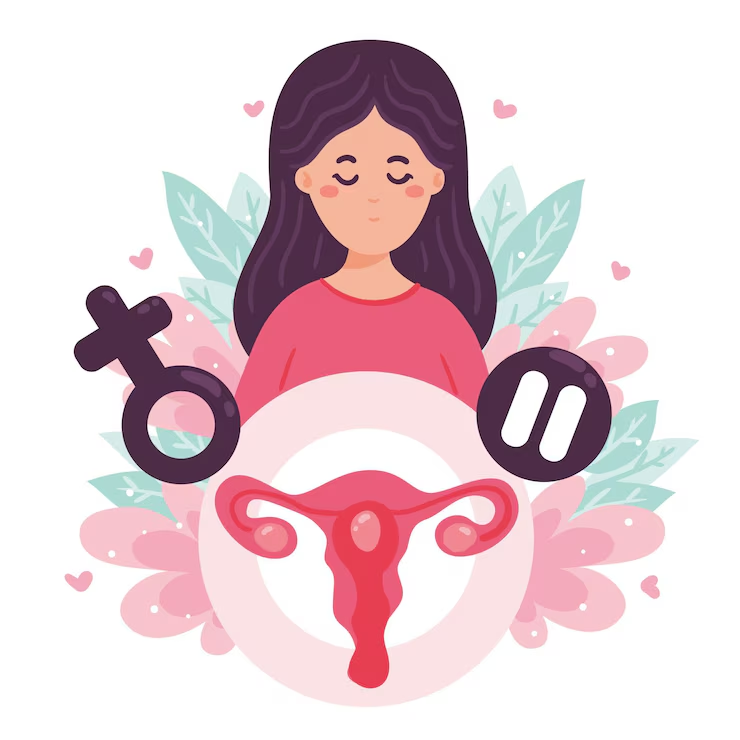Baby development at 9 weeks

Food cravings
Having any food cravings yet? The extreme hormonal changes you go through during pregnancy can have a huge impact on taste and smell. Some experts think that cravings for certain foods are linked to a mom-to-be's nutritional needs, but others think that pregnancy cravings can't be explained that easily. If you're having cravings, go ahead and indulge in moderation. But if you start to crave nonfood substances, such as laundry starch, dirt, or clay (a condition called pica), let your provider know.
Food aversions
You may suddenly find that certain foods you used to enjoy now seem completely repulsive. Food aversions may be a side effect of rapidly increasing levels of estrogen in your system. Common food aversions during pregnancy include meat, eggs, dairy products, spicy foods, foods with strong smells, and coffee.
Heightened sense of smell
Many newly pregnant women find they're overwhelmed by gag-inducing smells. A heightened sense of smell is a common side effect of rapidly increasing levels of pregnancy hormones. If cooking smells are making you feel particularly ill, ask your partner or another loved one to make your meals, or get restaurant takeout or ready-to-eat food from the grocery store.
Nausea and vomiting
This is peak morning sickness time. Some experts believe that morning sickness may be the body's way of protecting your baby from toxins in early pregnancy. This theory makes sense because the first trimester – when most women have the strongest morning sickness – is the crucial period of development when all of your baby's organs and physical structures form. Nausea can strike at any time of day or night, not just in the morning, but that doesn't mean you have to suffer. Try these remedies for morning sickness to get some relief.
Heartburn
Even if you've never had heartburn before, you might experience it during pregnancy due to hormonal and physical changes. It's an unpleasant burning sensation between your lower throat and the bottom of your breast bone. If you're suffering from heartburn, avoid carbonated drinks, caffeine, chocolate, citrus fruits and juices, tomatoes, mustard, vinegar, mint products, and processed meats. Foods that are fatty, spicy, fried, or highly seasoned may also upset your stomach. Chewing gum after eating can help neutralize your stomach acids.
Constipation
Up to half of pregnant women will have constipation during pregnancy. Keep things moving with plenty of water and high-fiber foods like fruits and vegetables, beans, and whole grains. Some moms swear by adding unprocessed wheat bran or prune juice to their diets. Pregnancy exercise can also ease constipation.
Pregnancy checklist at 9 weeks pregnant
Start a daily ritual to connect with your baby
It's not too early to start bonding. Take some time each day to sit quietly: Focus on the miracle unfolding inside you, and plan for the kind of parent you want to be. Or you may want to journal or write a letter to your baby.
Share your pregnancy with your partner
Though your partner may never understand the visceral realities of pregnancy, they can still participate in special moments and bond with your baby before birth. You can involve your partner in your pregnancy by encouraging them to talk to the baby, reading pregnancy books or looking at pregnancy apps together, and making joint decisions.
Start walking
Walking is a safe activity you can continue throughout pregnancy, and one of the easier ways to start exercising if you haven't previously been active. If you've been walking for exercise, keep it up. If you were fairly inactive before you got pregnant, start with a slow walk and gradually build up to brisk jaunts of 20 to 60 minutes, as long as your healthcare provider has given you the go-ahead. When you're walking, make sure to protect your skin with SPF to avoid melasma, drink plenty of water, and have a high-protein snack 30 minutes before you exercise. If it's hot, stay cool with a hat and a spray bottle filled with water – or walk indoors on a treadmill.
Get vaccinated
The flu shot and COVID-19 vaccine are safe and recommended for all pregnant women. Both shots significantly lower your chances of getting a severe infection and being hospitalized. There's also an important benefit to your baby: Antibodies that you develop during pregnancy in response to the flu shot and COVID vaccine are passed to your baby and provide protection after birth. That protection can be crucial because babies younger than 6 months can't be vaccinated against flu (are especially vulnerable to complications from flu) or COVID. Learn which vaccines are safe for pregnancy, and which ones to avoid.
Watch out for household chemicals
Take a closer look at what's inside your cupboards. Some cleaning products, pesticides, paint, solvents, and lead in drinking water from old pipes can be harmful to your pregnancy.
Related Articles

The Relationship Between Exercise and Your Menstrual Cycle

Baby development at 7 weeks

Social and Relationship Care: Tips for Building Strong Connections

Your Comprehensive Guide to Improving Fertility and Successfully Conception

Building a Routine That Respects Your Body

Baby development at 10 weeks

Baby development at 40 weeks

Understanding Your Menstrual Cycle: A Guide for Every Woman